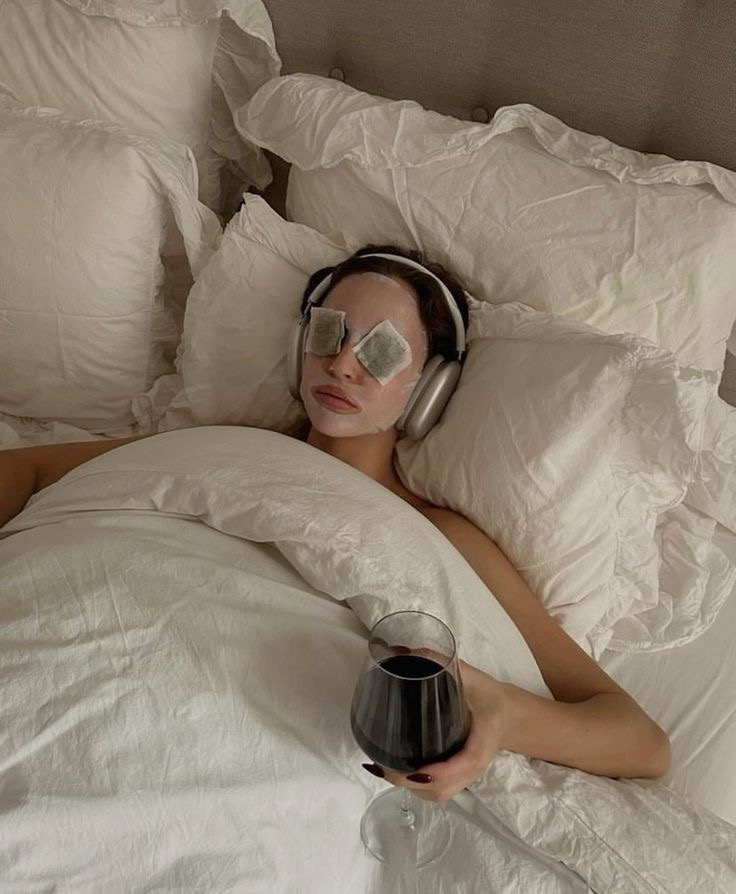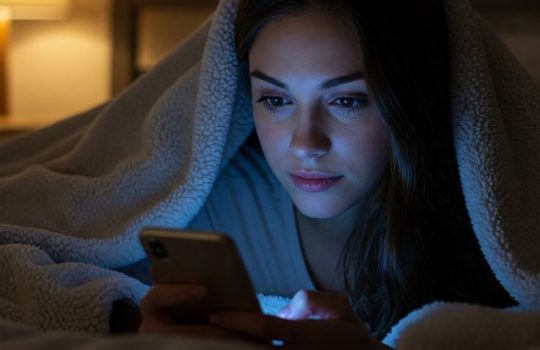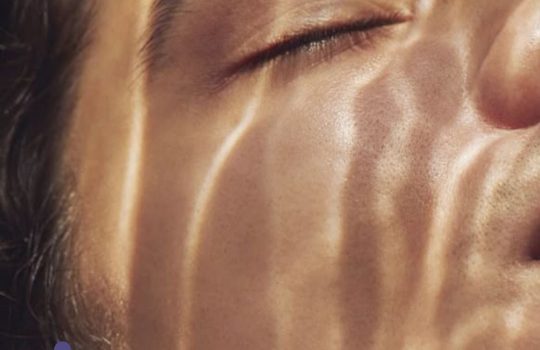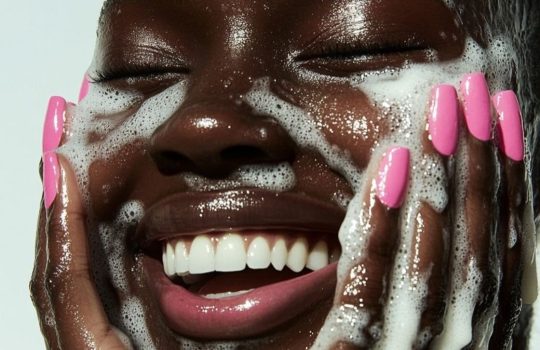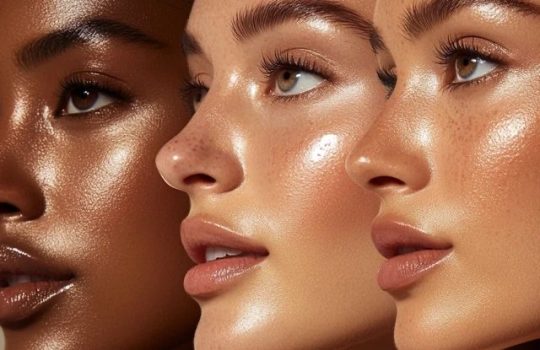We often say “beauty sleep” as a joke, but the truth is that sleep and skin health are deeply connected. While you rest, your body works hard to repair and renew. Missing out on quality sleep doesn’t just leave you feeling tired; it shows up on your face.
1. Why Sleep Matters for Your Skin
During deep sleep, blood flow to the skin increases, allowing cells to rebuild collagen and repair damage from UV and pollution. Growth hormone peaks at night, stimulating tissue repair. Without enough rest, these repair cycles are cut short, and the skin barrier becomes weaker.
2. Visible Signs of Poor Sleep
If you’ve pulled an all-nighter, you’ve likely noticed:
-
Puffiness & dark circles under the eyes.
-
Dull complexion that lacks its usual glow.
-
Fine lines & dryness, since hydration balance is disrupted.
Over time, chronic sleep loss speeds up signs of ageing and reduces your skin’s ability to heal from daily stressors.
3. Sleep and Skin Conditions
Poor sleep can worsen inflammatory skin issues like acne, eczema, and psoriasis. Research shows that lack of rest raises cortisol levels (the stress hormone), which increases inflammation and oil production.
4. How to Improve Sleep for Better Skin
-
Stick to a routine: Aim for 7–9 hours nightly, sleeping and waking at consistent times.
-
Create a wind-down ritual: Herbal tea, reading, or gentle stretching helps signal rest time.
-
Support your skin overnight: Use hydrating creams with ingredients like hyaluronic acid or ceramides to lock in moisture.
-
Limit screens before bed: Blue light from devices disrupts melatonin and your natural sleep cycle.
The connection between sleep and skin health is real. Quality rest supports collagen repair, reduces inflammation, and keeps your complexion radiant. Think of sleep as the most affordable, natural skincare step you can add to your routine tonight. So, the next time you think about skipping sleep, remember, your skin is counting on those nightly hours as much as the rest of your body

